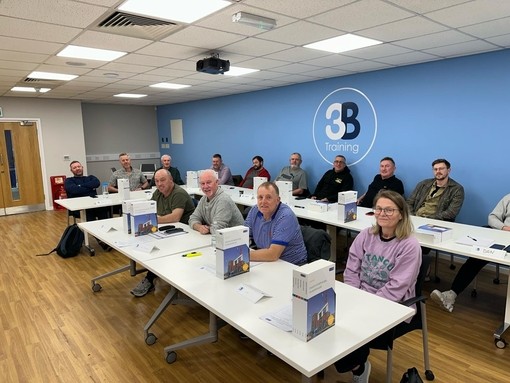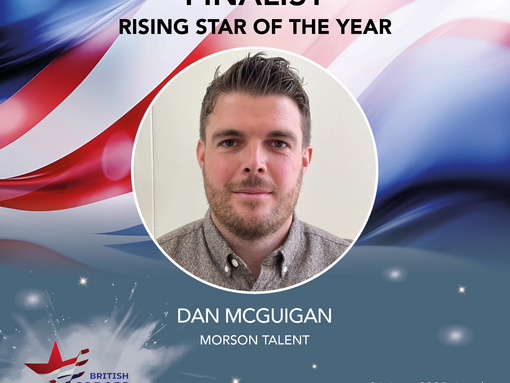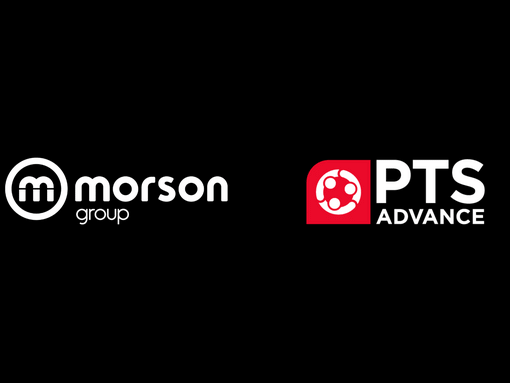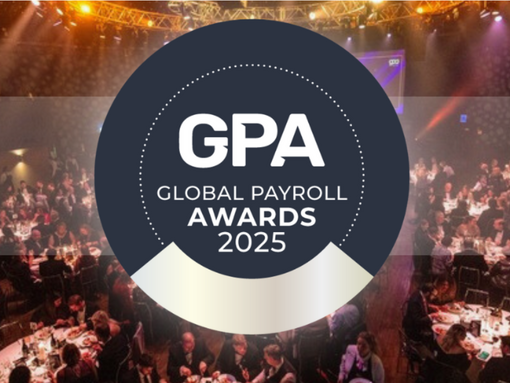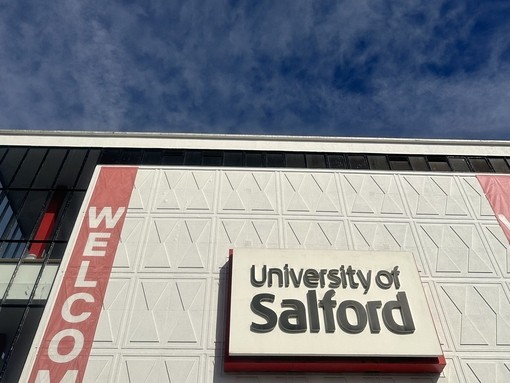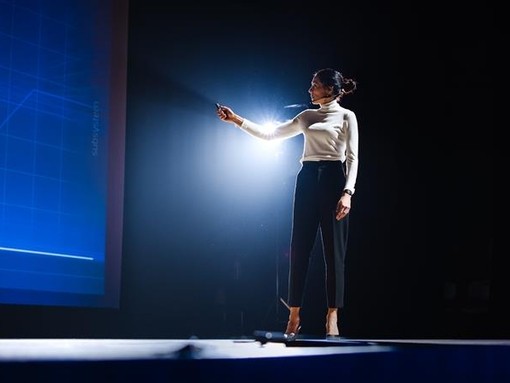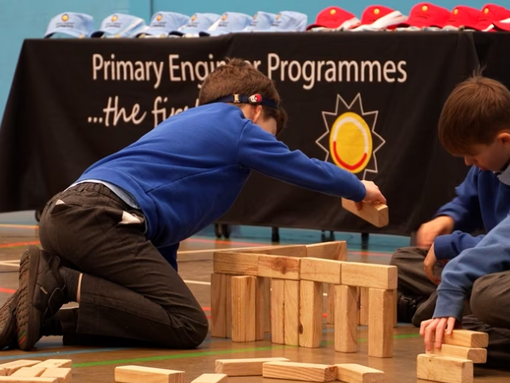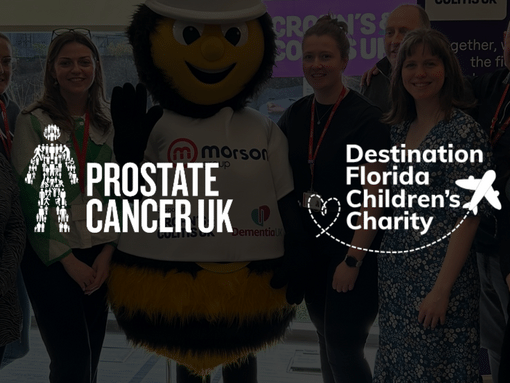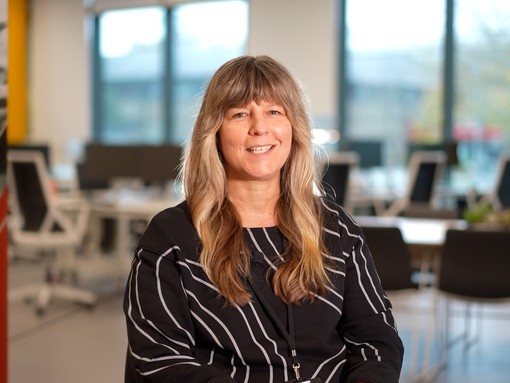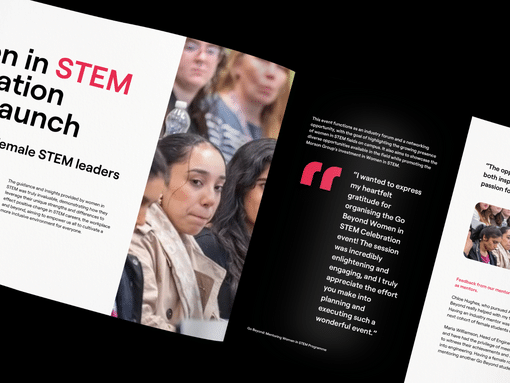
Role models, passion and purpose – the golden triangle for attracting talent unveiled at the Morson STEM Summit
Contents
In part 1 of our look back at the recent Morson STEM Summit, we summarised the purpose of the event and the rich content of the panel discussions held during the morning session. Here in part 2, we share highlights from the speakers who shared their stories, inspiration and insights with us at the event.
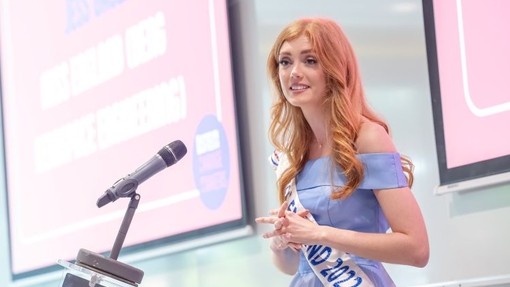
Completing the morning session at the Morson STEM Summit was a talk from aerospace engineer, Miss England, Jess Gagen. Jess is using the platform of the Miss World contest to inspire and encourage the next generation of talent – in particular female talent – to aspire to achievement in STEM disciplines and careers. She explained how she enjoys breaking down stereotypes by arriving at schools to talk to students wearing her ‘pretty dress’ and expressed how important it is to communicate the variety of engineering roles, because her misconception that engineering would involve wearing overalls and working on a lathe in a workshop had dissuaded her as a child.
But Jess’s talk went far beyond her current work as a STEM ambassador and her future career ambitions. At the heart of her presentation was a story of learning from failure and the critical role that failure has in learning – a principle known to all engineers! She told delegates how, from the ashes of disappointing ‘A’ level results, she took a change of direction and completed a foundation year in Physics at the University of Salford, before becoming one of just nine women in a class of 100 on her aerospace engineering degree course. Jess’s story created a hush in the room as everyone waited to hear how she is now using her experience to motivate and encourage young girls. She shares some of that mission in a PathFinders interview coming soon.
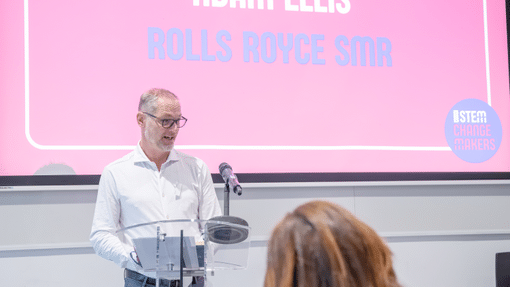
Nuclear Recruitment with STEM
After lunch – including networking opportunities and an ice-cream van helping everyone cool off in the September heatwave – Ben Hanlin wowed us all again with a Rubiks cube trick, proving there is magic in STEM, before handing over to Adam Ellis, HR and Future Talent Director of Rolls Royce SMR.
Adam explained that, with a shortage of nuclear skills available, Rolls Royce SMR s not recruiting for nuclear skills but is recruiting skills for nuclear. He explained that, with Morson’s help, the company attracted 625 people to the business last year, bringing a whole new set of people into the nuclear sector.
Adam laid out four key elements for taking a new approach to attracting talent into the nuclear sector – the essential role of culture and values in delivering strategy successfully; how myth busting about engineering and what’s needed to become a successful engineer widens the talent pool; the need to create pathways for people to ‘jump’ into engineering from other careers; and the importance of bringing new people into the nuclear sector rather than relying on existing talent. The key to success, Adam explained, is purpose – attracting people to be part of an innovative sector with the power to make a positive difference to the climate emergency and our energy resilience. Rather than having a long list of required skills, he explained, his strategy is to recruit people who want to be part of Rolls Royce SMR’s mission and have the attributes needed to learn the right skills.
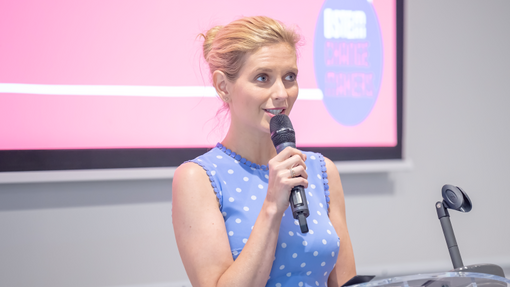
Women in STEM
Ending the speeches was Rachel Riley; Countdown’s numbers whizz who, with a Masters in Maths from Oxford, told delegates how she had found it difficult to enter a STEM-related career after university because employers didn’t understand how the applied maths skills she had gained during her degree could contribute to their organisation. Her role on countdown came about by chance, and having gained a platform to influence the next generation of STEM talent, Rachel has become very active in encouraging women and girls in particular to study STEM subjects and aim for STEM careers. She talked about the flippant way that people often refer to being ‘terrible at maths’ or not having a ‘maths brain’ and how we need to change the rhetoric around poor attainment and aspiration in maths in order to achieve more. Rachel also talked about the need to reframe stereotypes and echoed previous themes about the importance of diverse role models to help drive change.
In a special moment at the end of Rachel’s talk, a female delegate shared her own experience of just how much a role model can influence outcomes, explaining that Rachel had given a talk about STEM to students at her school several years earlier, and that she had gone on to become an engineer.
With the panel discussions and speeches all finished, there were just the awards to hand out, with the inaugural Change Makers Awards forming and integral part of the day. Following a final word from Ged Mason, the event was brought to a close….in eager anticipation of the next STEM Summit!
Find our more about the Morson STEM Foundation here

